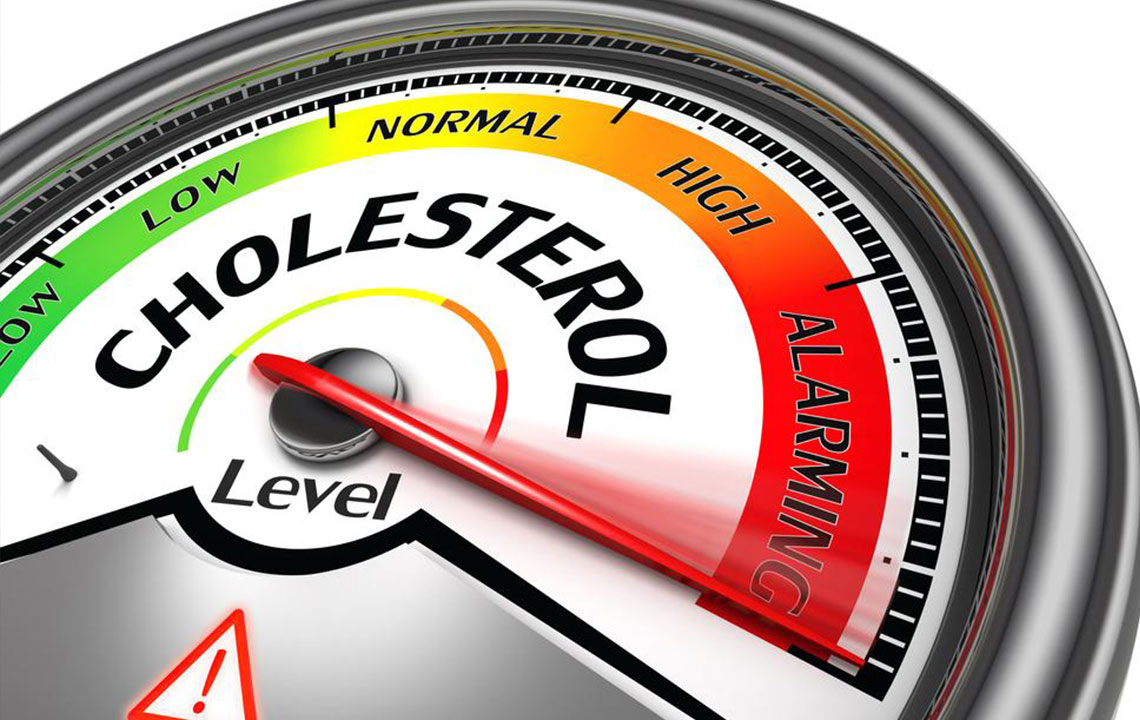Understanding Causes and Natural Remedies for Heart Failure
This article explores the common causes of heart failure and natural remedies to prevent or manage the condition. It emphasizes lifestyle changes, such as diet and exercise, and highlights the importance of early symptom recognition. Protect your heart with knowledge and natural strategies to reduce the risk of heart failure and improve overall cardiovascular health.

Understanding Causes and Natural Remedies for Heart Failure
Heart failure occurs when your tissues and organs do not get sufficient blood flow and oxygen. The heart's vital role is to circulate blood, pumping deoxygenated blood to the lungs for oxygen intake and then sending oxygen-rich blood throughout the body. Damage or dysfunction in the heart's pumping ability causes heart failure, which can stem from various factors. Implementing natural strategies can significantly reduce the risk of developing this condition.
Below are four effective natural treatments for heart failure. Maintaining a healthy lifestyle, including balanced diet and regular exercise, is crucial in preventing or managing heart health issues. Always consult healthcare professionals before starting any new treatments or lifestyle changes.
Natural approaches such as consuming omega-3 rich fish oils can help regulate heart rhythms and prevent arrhythmias. Ensuring adequate vitamin D intake from sources like dairy, fish, eggs, or supplements may also support heart health. Adopting a heart-friendly diet—low in sodium, processed foods, and high in fruits and vegetables—can prevent complications. Regular physical activity, tailored to individual capacity, enhances cardiovascular strength and reduces heart failure risk. Incorporating these natural remedies and habits into daily life is vital, especially as over 5 million Americans currently suffer from heart failure, with annual fatalities reaching nearly 287,000. Recognizing early symptoms, such as chest pain, fatigue, and breathing difficulties, can lead to prompt medical attention and better outcomes.
Key Causes of Heart Failure:
Coronary artery disease narrows or blocks arteries, impairing oxygen supply to the heart. A heart attack causes sudden artery blockage, damaging the heart muscle. Lifestyle factors like excessive alcohol consumption and drug abuse can weaken the heart over time, leading to cardiomyopathy. Conditions such as high blood pressure, valve disorders, thyroid issues, and diabetes increase the heart’s workload, potentially causing failure. Recognizing symptoms, including chest pain, fatigue, shortness of breath, and dizziness, is essential for early diagnosis and treatment.
Signs and Symptoms: Persistent chest pain, physical fatigue, rapid heartbeat, and difficulty breathing are common indicators. Sudden inability to perform exercise, dizziness, or a quick decrease in appetite can signal worsening heart function. Breathing issues, especially shortness of breath during exertion or lying down, are key warning signs. Early detection and medical intervention are critical to managing heart failure effectively.










